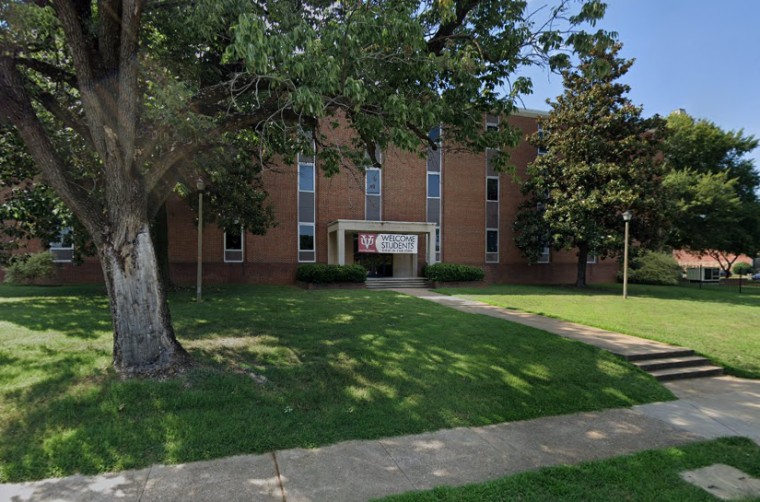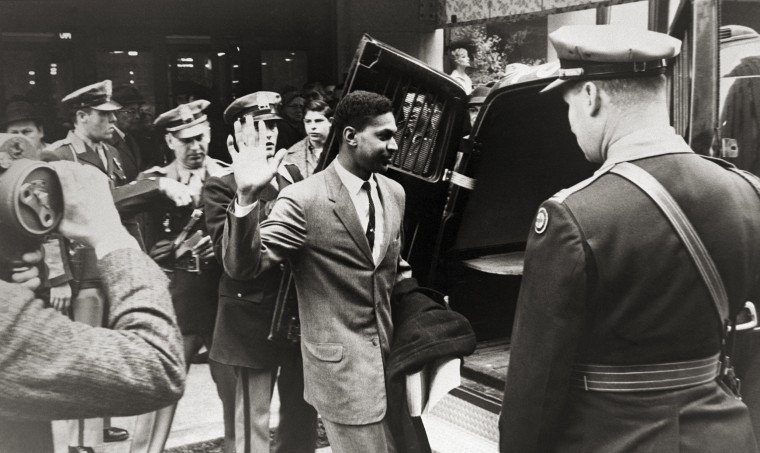In Feb. 22, 1960, 34 students from the historically Black university I now preside over, Virginia Union University, bravely stood up for justice by demonstrating against the exclusion of Black people from many businesses in Richmond, Virginia. Their sit-in, one of the nation’s first lunch counter protests, resulted in the students being arrested.
It's important to recall this chapter today, after strings of bomb threats were made at historically Black colleges and universities across the country. We must remind one another that, as members of the HBCU community, we have had to fight injustice and remain vigilant throughout our existence.
Threats were made to at least a half dozen HBCUs on Jan. 31 and more than a dozen more Feb. 1, the first day of Black History Month. The FBI has identified six teenagers whom they describe as being racially motivated cyber experts who used sophisticated methods to disguise themselves.
At the time of writing this article, Virginia Union University has, thankfully, not been the recipient of any bomb threats or other racist, cowardly acts of violence, but we continue to stand alongside our fellow HBCUs and their student populations, and support our students as they cope with this development.

HBCUs were created to be safe havens, primarily for the intellectual thought and learning of their diverse populations. As such, they were founded to provide equal, affordable and quality education for everyone, especially those who come from underrepresented communities who didn’t know if they could attend an institution of higher learning.
But physical safety is also paramount. Our administrators and safety officials are in regular contact with local authorities to keep up to date on threats and safeguard our institutions. The VUU Campus Police are also conducting training workshops and exercises for our community members, so they will know what to do in the event of a threat – but more importantly, so they will feel safe and secure as they live on campus and attend classes.
We will not allow threats of this nature to incite fear and impact the growth of our future global leaders, who will one day face their own challenges and risks as they confront dangers and make decisions. The bomb threats at HBCUs have left us all shaken, but not stirred. We will remain devoted to our community and work as we have always been.
Because of Covid-19, our students already have the opportunity to choose to attend classes either in person or virtually, and we will continue to offer that capability, regardless of the current events that have unfolded across our HBCU communities. That being said, we are encouraging our students to stay alert and to be vigilant in their surroundings, and work wherever they feel most physically comfortable.
During the times of emancipation, the civil rights movement, school desegregation and Black Lives Matter protests, we remained strong and resilient. This time of challenge is no different. We have always supported our students and our community, and we will continue to thrive, no matter the circumstances.
As we celebrate Black History Month and continue to imbibe the lessons of the past throughout the year, we particularly remember our courageous Richmond 34. As a culture, and more importantly as Americans, we should not be complacent about our history, but learn from it to move toward a more tolerant, inclusive and safe future.

